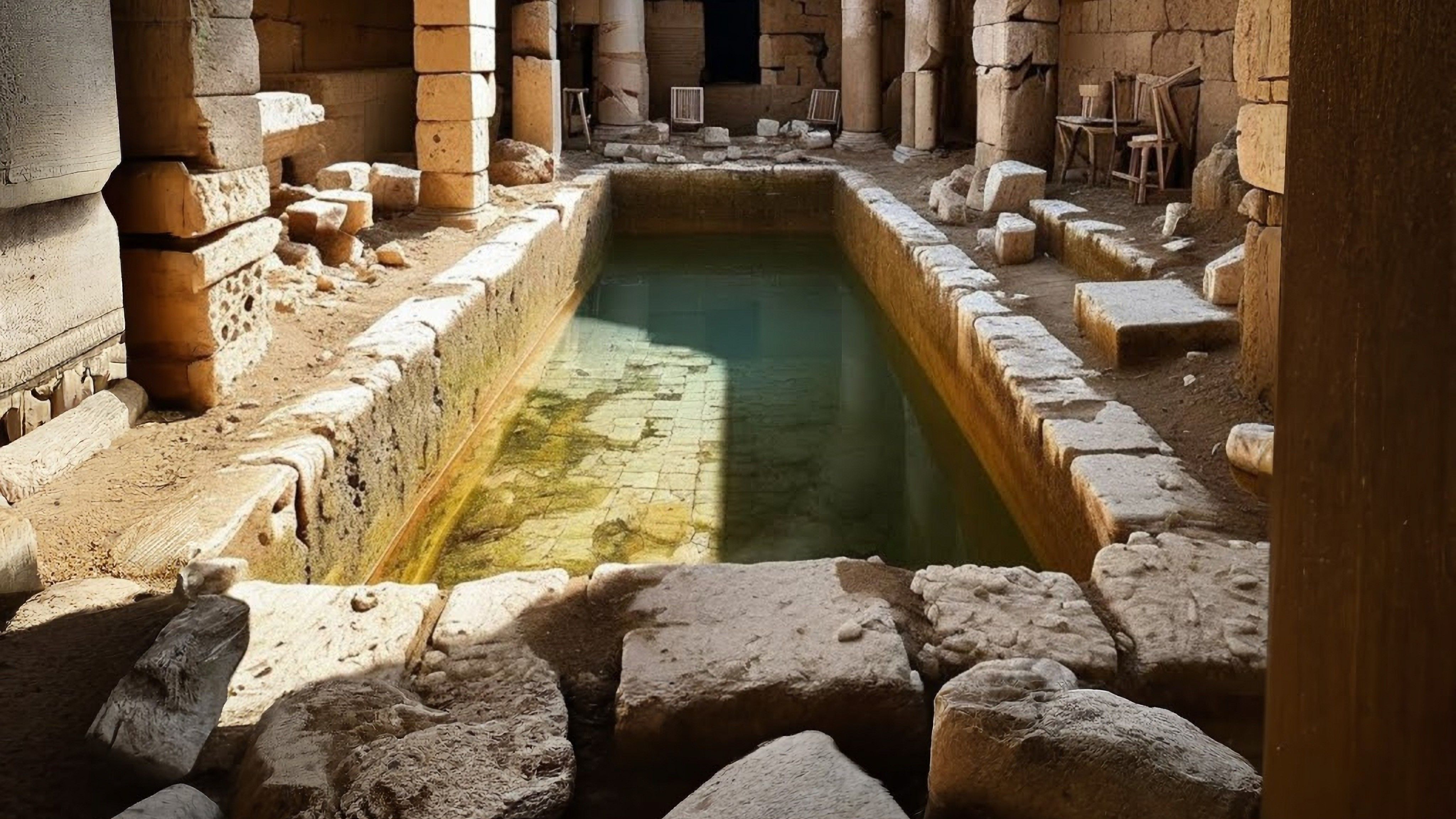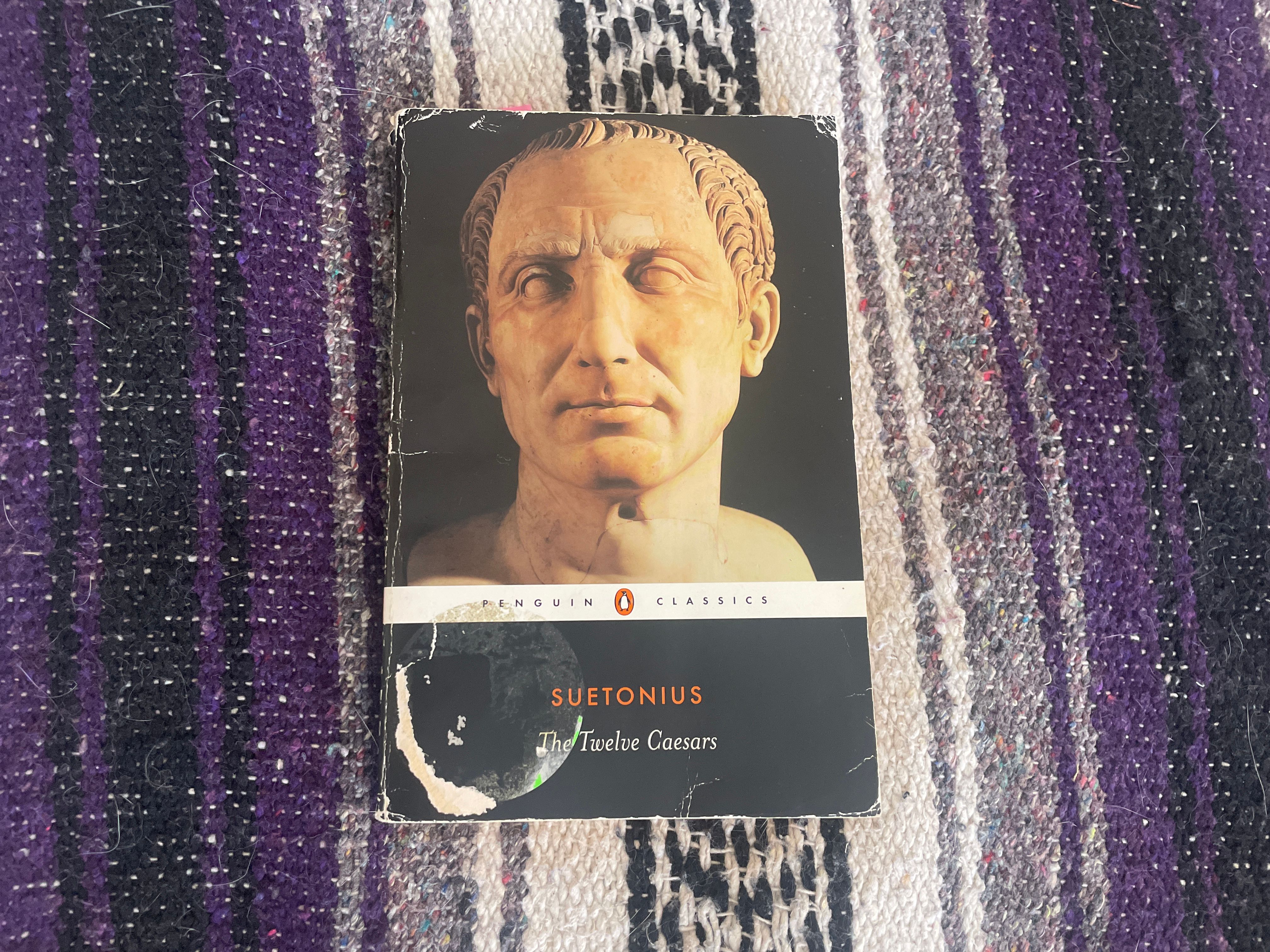In 2023, the Viraltiktok question brought the ancient empire back to the forefront of our cultural consciousness. Question: “How often do you think about the Roman Empire?” The results were unexpected. Many People think daily about eternal Rome and the vast empire.
The popularity of this trend spread rapidly on social media, but it also had other influences. A 1,900-year-old “Gossip” book has been released on Modern Stardom. What is this book? Why did it become so popular in the 2020s?

Related
Colorado paleontologist reveals “swamp creatures” that lived with dinosaurs
Paleontologists have recently announced the discovery of new species that may help explain the history of life on Earth.
Trends Questions for 2023: How often do you think about the Roman Empire?
This viral tiktok trend has made me wonder how much of my life dedicated to thinking about one of the most influential empires in history
In 2023, trends swept the internet. Women were encouraged to ask the men of life one simple question. How often do you think about the Roman Empire?
Their answers were amazing. After all, many people spend quite a bit of time thinking about ancient Rome. From the first day of Romulus on the Seven Hills to the major war with Carthage in the Republic, to the mania of the early imperial period in the 5th century, Rome’s diverse history captivates most of the world’s population.
This trend initially began as a joke, but quickly revealed much about modern culture, gendered approaches to history, and Rome’s influence on the virality of the internet.

Related
Ancient Roman toilet? 10. The way ancient civilization solved everyday problems
These ancient civilizations invented extremely advanced tools and systems to solve everyday problems.
The lives of 12 Caesars By Suetonius
This cocky book on the Roman elite is a great reading material for those who want to know more about Rome… as long as you’re taking it with grains of salt
Penguin Classics ‘Suetonius: Copy of The Twelve Caesars
However, Tiktok’s virality is not all achieved by this trend. He also launched an ancient book to bestseller status. This is The lives of 12 Caesars By Gaius Suetonius Tranquillus.
Originally written in 121 during the time of Emperor Hadrian (the one who built the wall of Hadrian, even today, is still able to hike), this book covers 12 Romans than the living Romans. Numbers like Julius Caesar, Augustus, Caligula and Nero are all here.
In it, Suetonius bares cheeky details of these men’s lives, from shocking debauchery to imperfect physical appearances (usually “airbrushed” with statues and depictions).
While most scholars would think he is biased at best and classifies many of his statements as mere gossip, this book is still one of the best introductions to Roman history that people can read. As long as you take a grain of salt of his words, you will have a good time learning about all the naughty attitudes that these 12 Roman politicians, generals and emperors rose up.
|
Roman: |
Factoid Suetonius gives (takes skeptical) about him: |
|
Julius Caesar |
He was friends with the father of the famous Roman poet Caturus. |
|
Augustus |
He liked watching the circus games from the upper floors of a friend’s house. He also coined the phrase “Faster than you can cook asparagus” (meaning that the action was done quickly). |
|
Tiberius |
He once supported poorly qualified candidates to become Questre. |
|
Caligra |
He ordered the construction of a bridge over the Gulf of Naples, starting from the sinful city of Baiae in Rome. |
|
Claudius |
His favorite food was mushrooms. |
|
Nero |
He was interested in horses and his tutors were able to make him think about other things |
|
Galva |
He was suffering from severe arthritis and was unable to unfold the scroll. |
|
Oto |
He wore a two-piece and worshiped the goddess Isis |
|
Viterius |
He once served meals at dinner parties, called “The Shield of Minerva” and featured pike livers, pheasant and peacock brains, flamingo tongues, and lamprey Mirtle. |
|
Vespacian |
He was famous for the fru people for money, even before becoming emperor, and joked on his deathbed, “I must become a god!” (Roman emperors were often deified with their deaths) |
|
Titus |
Titus once complained to his father, Vespasian that he had taxed public urinals. His father handed him the coin and replied, “Son, do you smell it?” Titus said, “No,” and his father replied, “What a strange thing, it comes straight from the toilet.” |
|
Domitian |
He was alone in his room and loved to stab fly with a sharp pen. |

Related
Archaeologists The extraordinary discoveries of ancient Mikbes shed light on the rich history of Jewish existence in Rome
The discovery of Mikbe in Ostia, which is usually seen within Israel, confirms the presence of Jews in Rome in the first and second centuries.
Why do people spend so much time thinking about ancient Rome?
Rome has left a lasting mark in our society. In other words, its existence is still felt by us today.
As this trend has shown, many people spend a lot of time thinking about ancient Rome. And it’s not just men. Many women also love to learn about this vast and growing empire of the Mediterranean. why? Part of this has to do with Roman influence on the world today.
For many cultures today, the Roman Empire laid the foundation for many cultural practices. Going to banks and courts in most cities in North America and Europe leads you to the neoclassical structures that were directly contacted by the Greco-Roman Temple.
In Europe, many important cities were either founded or heavily built by the Romans, and remained some of the oldest cities in the world today. Many institutions, from governments to legal systems, are often taken directly from the Roman playbook.
Plus, the Romans are simply interesting to learn. It is a subject that is easily accessible enough for those who still offer enough otherworldly to intrigue the people of the US and Europe.
The general structure of Rome is something that most people are ready to understand because of the Roman influence in modern culture. However, many aspects of Roman culture are strange, confusing, and frankly, strange for modern learners.
For example, in the case of an ancient Roman sacred chicken murderer (who was charged with blasphemy for throwing a group of chickens seeking a future on the side of a boat) many of us may be scratching our heads at the absurdity of such a situation.
Other factors, such as military power, challenging politics and material culture, also capture the enthusiasm of the masses. The Roman Empire may disappear today, but its legacy lives forever.


